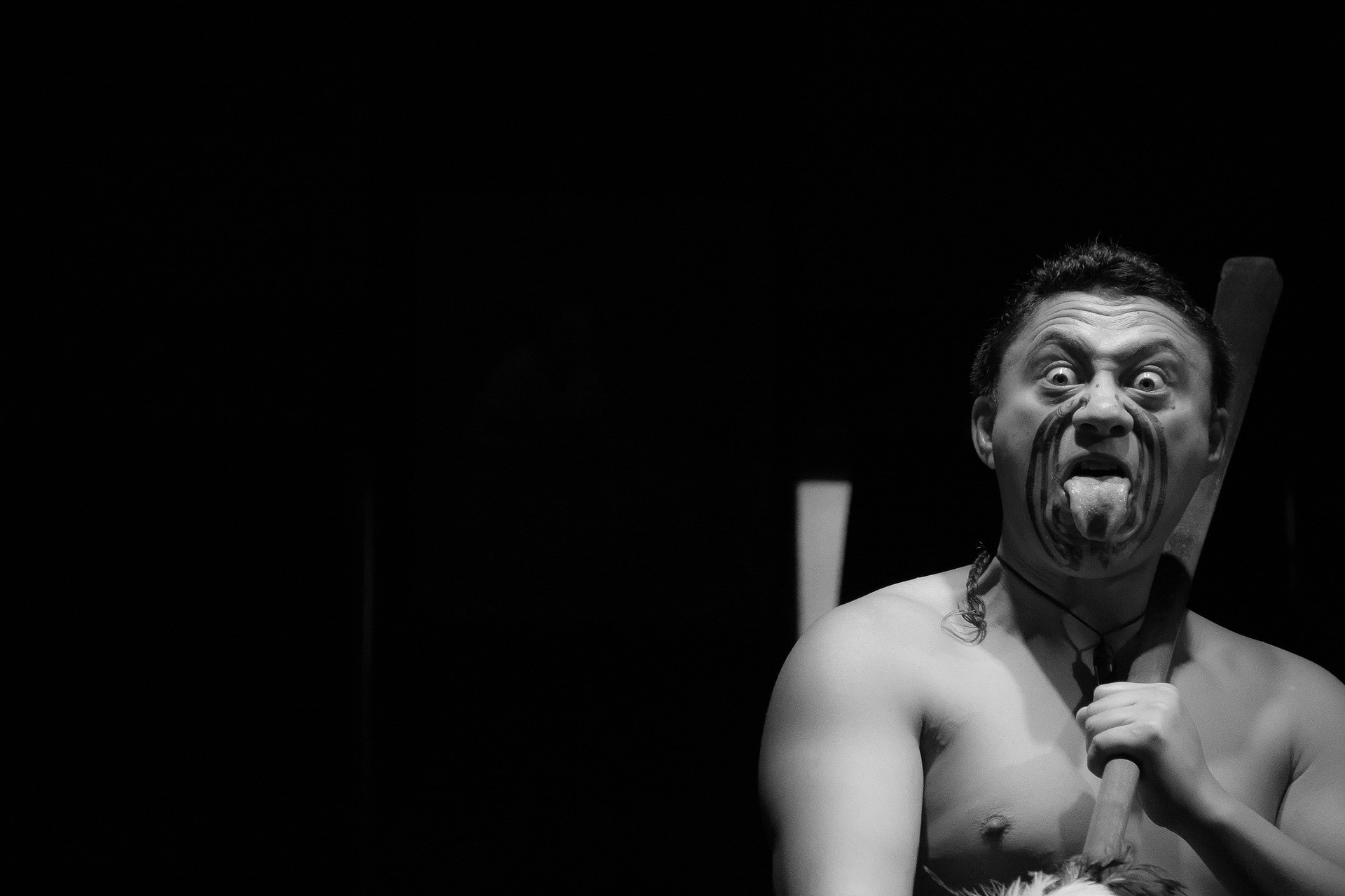New Zealand looks set to give cannabis the green light from 2020 as a wave of support for legalisation sweeps the nation.
Kiwis face a referendum in 2020 that would fast-track legislation to make marijuana completely legal.
Several polls reveal the vote could easily be a landslide victory for those backing the reforms.

The ‘yes’ campaign is being spearheaded by New Zealand’s well-respected former Prime Minister – Helen Clark – who is currently dedicating her work to urging the country’s five million residents to vote for legalisation.
She’s also recommending the government overturn minor cannabis-related convictions while creating a responsible and legal marijuana market.
Mrs Clark told a local radio station that the country she once led needed to “face reality” and embrace a well-regulated cannabis market.
“Get some of the facts out on the table, rather than having myths dominate the debate,” she said, revealing that four out of five New Zealand adults have used cannabis.
“They know their hair doesn’t go green and their teeth don’t fall out – it’s significantly less harmful than either tobacco or alcohol.”
Ineffective ban
The politician added that a blanket ban on marijuana has been utterly ineffective, and pushed for a solution via regulation.
“Our solution would be to be much more regulated than places like Colorado because of our experiences with tobacco and alcohol,” she said.
“You don’t want to create another big tobacco and big alcohol industry that’s going to promote things that obviously have some potential for harm.”
Limits on advertising, age and THC (tetrahydrocannabinol – the psychoactive chemical in cannabis) were among Clark’s proposed regulations to help control and monitor something that she says will be used widely by the population whether legal or otherwise.
“Isn’t this a waste of the justice system’s time and money? Haven’t the police got better things to do?” she asked.
“Aren’t we better to face the reality that 80 per cent of Kiwis are going to try this at some point in their lives?”
Criminalisation
Her words were echoed by the Helen Clark Foundation executive director Kathy Errington, who also argued that criminalisation was not an appropriate use of the justice system.
“Our analysis argues that the disproportionately adverse effects of current policies justify putting in place legislation and effective regulation,” she explained.
“Cannabis should be treated as a health and social issue, not a criminal one. The status quo is exacerbating its harm.
“Our answer is that we should move to a health-based approach with robust regulation, effective public health education and adequate service provision.”
She also highlighted the issue that almost half of New Zealand’s drug possession convictions involved the country’s indigenous Maori community, predominantly between the ages of 17 and 25.
“The current approach to cannabis inflicts excessive punishment on those who face prosecution who, in turn, are disproportionately Maori,” she said.
“The legal prohibition on cannabis also drives people towards more potent and riskier substances.”
A report by the foundation also urges the government to:
• Expunge prior minor cannabis offences from the record and remove past convictions for supply where there is no compounding factor associated with the conviction, such as firearm use or violence;
• Legislate for the regulation of, and access to, a legal cannabis market. Models from both Uruguay and North America should be seriously studied;
• Develop a structure for a legal market which prevents and/or discourages the emergence of large, commercial, for-profit cannabis producers and retailers;
• Ensure that the needs of the individuals and communities most affected by the current policy of prohibition on cannabis use are carefully considered when implementing and monitoring the legal market, and that these communities have equitable access to become producers and retailers within the legal market.


